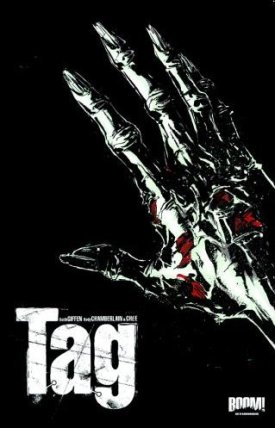 Tagging information fascinates me because, as many others have pointed out well before me, it is like information jazz. Free form, improvisational, and unstructured without any rules. I find it similar to a bulletin board, or all the photos falling out of a photo album or a to-do list. Your individual brain has to decide what order goes where; nobody else does it exactly the same way as you.
Tagging information fascinates me because, as many others have pointed out well before me, it is like information jazz. Free form, improvisational, and unstructured without any rules. I find it similar to a bulletin board, or all the photos falling out of a photo album or a to-do list. Your individual brain has to decide what order goes where; nobody else does it exactly the same way as you.I have ruminated at length back at Thing 8 about del.ici.ous so I will do my best not to repeat myself now. Social bookmarking has huge potential for libraries in much the same way as wikis: harnessing the crowd has the potential to make everyone smarter provided they actually use it. I noticed on the Minneapolis, MN library web site that they use this sort of thing but patrons rarely take the time to help out. Perhaps they're too busy tagging their blog.
As I seem to mention every post, the challenge is that our patrons cannot experiment with these web 2.0 devices if they have limited internet access in the first place. If you only get an hour a day, patrons use that hour for the basics: check their email, check in at social networking websites and maybe flirt in a chat room before they go to work.












